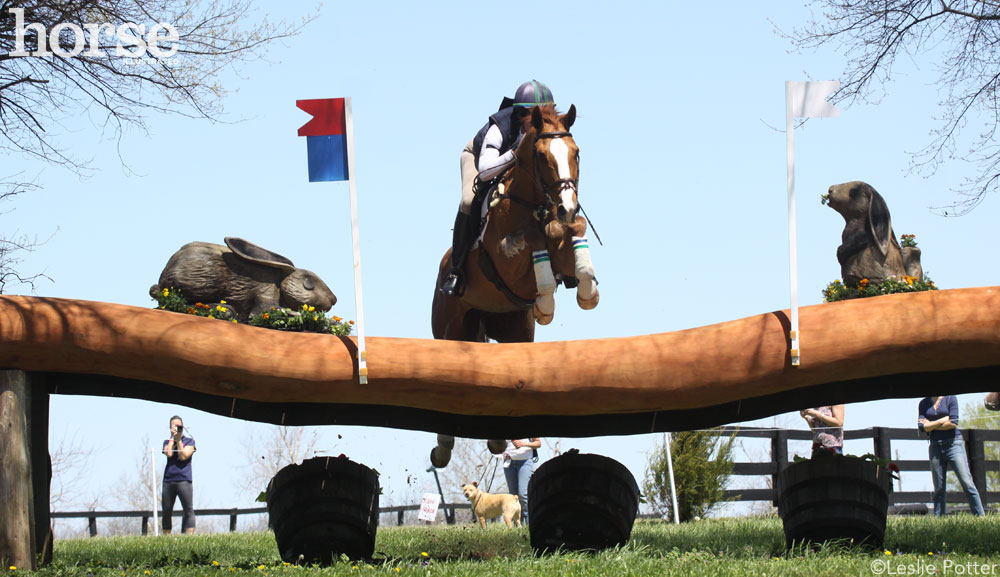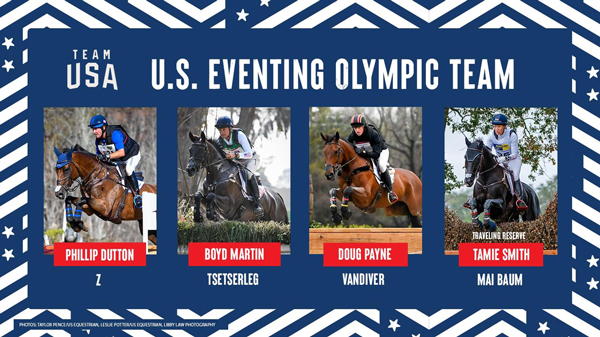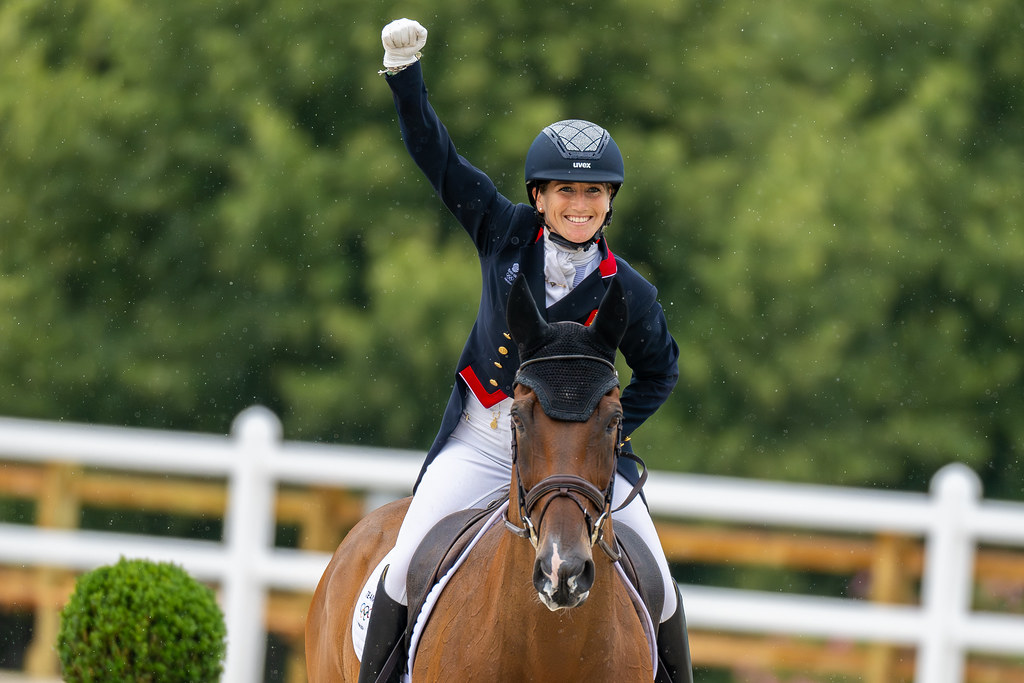Horse Illustrated spoke with Mick Costello, a cross-country course builder based out of Georgetown, Ky. Mick has worked some of the most elite competitions in the nation, including the only four-star event in North America: The Land Rover (formerly Rolex) Kentucky Three-Day Event.
Horse Illustrated: What is your equestrian background?
Mick Costello: I started out in Pony Club when I was 9. My brother Pete and I didn’t have horses, or money, so we worked off our lessons and did whatever needed to be do—part of that was building for the horse trials, which were held on Memorial Day and a three-day event held on Labor Day at the Pebble Beach Equestrian Center. The three-days were huge in the early 60s, and I think the Olympic team trained at Pebble Beach. Dick Collins, who ran the stables, was the team manager of the Rome Olympics.
HI: How did you become interested in being a course builder?
MC: In 1969, I went to a Pony Club rally on Oahu and the day I got home, I started building what is now called a one-, two- and four-star three-day [at Pebble Beach]. Michael Plumb and his dad, Kevin Freeman and his dad, Mason Phelps, Jimmy Wofford – they were all there.
HI: Did you have any experiences that really stuck with you that made you want to do this job?
MC: Some of the crew I went out with when building Pebble Beach were longtime Japanese residents who had been interred during the war. They were on the forestry crew and were incredibly skilled with pull saws and draw knives. I learned a lot of the techniques on fence building I still use today, but some of the jumps back then look so flimsy by today’s standards.
HI: How did you decide on this field?
MC: I feel like I have just always been doing it! I built for years with my brother Pete, who even got two weeks of leave from the Navy to come help finish the ’69 three-day course. I began working for him full-time in 1985, but he got really popular after working on the ’84 Olympics; I had worked for him part-time for years before that, building two or three courses a year.
We built courses all over the country. Pete was a designer, builder, technical delegate, eventing committee member, and quite often he would get me started building a course and have to go officiate across the country for a week. I decided I would rather just build courses and let him run all over the place. Pete gave a whole lot to the sport, he took groups from the States to England and arranged course walks at several event venues, which raised the quality of events in this country.
HI: Are there many other places other than Lexington where you could do this job or is it very region specific?
MC: Well, there’s only place you can build a four-star course in North America! But I have built some really neat places, everywhere from Maine to New Mexico (Goose Down Farm) to California. I did 12 years of Jackson Hole, and have also built at Strang Ranch in Colorado, and Pete and I built a course in Sheridan, Wyoming.

HI: Do you have to travel a lot for your job?
MC: I don’t travel anymore–I traveled way too much in the beginning. I built Radnor for two years with my brother, and then another 11 years on my own. I helped finish the ’92 Barcelona course and built part of the ‘96 Atlanta course. There were a couple of years I barely had a day off.
HI: What do you think are key qualities for people who might want to go into your field?
MC: You need to be loyal, trustworthy and kind. It helps a whole lot to be a horseman first. While I haven’t sat on a horse for 25 years, I still know horses. The best builders I see right now are the ones who have strong riding backgrounds. They understand the sport at a level you can’t learn from just watching. To be a course builder, it has to be a passion more than a career move.
HI: What is your construction background?
MC: I helped a friend build his house. He had hired a Danish master carpenter who taught us how to build a house from the ground up, starting with laying out framing. I’ve also built decks, hot tubs and remodeled homes for years.
HI: Did you do any internships or job shadowing that cemented your decision either NOT to pursue a different career OR to pursue this career?
MC: I do what comes along. I have never looked for a job—I always did what I was forced to do.
HI: Can you please briefly describe what you do on a day-to-day basis (if there is a “daily routine!”).
MC: Lately I have been working 10-hour days as I have a couple driving hazards getting built now. I put posts in the hole with a machine, but there is always a lot of hands-on work. I also filled the water jumps for KY Classique Horse Trials and put down and picked up the road crossings.
HI: Do you have a carriage driving background? How did you learn how to build those?
MC: I have no driving background! But, now I build the obstacles at the Kentucky Horse Park. I was a passenger at three lower-level driving events in Maryland, Pennsylvania and Delaware, but really I got into driving because I built Fair Hill the first six years and they started a driving event on the same weekend. I just helped build that, as well.
I really didn’t know the rules until the 2010 Alltech FEI World Equestrian Games, when I ended up building some of the obstacles for the competition.
HI: What was your favorite course to build?
MC: My favorite was probably 1990 Fair Hill. I was able to take my time; there were not a lot of other jobs piling up and it was a nice course. Mike Tucker was the designer and we built some really simple fences that they turned artistic because of materials they were using. It was a fun course that turned out nicely, I thought!
I remember trying to build Radnor and Fair Hill two weeks apart, prepping in the moonlight, because there just not enough time in between events. That was wild. It turned out Cuba couldn’t host the Pan-Ams [Pan-American Games], so the Pan-Ams went to Boukhart Farm–Fair Hill became the selection trials and we needed a three-star and an Intermediate course. We had to get it done—it really was a pull-it-together-in-a-heartbeat course with lots of help.
HI: What do you think you would do if you weren’t building courses?
MC: Make furniture? I feel like I can do anything, but this is what makes me happy.
Course building not for you? Maybe being an equine industry lawyer, a saddle fitter, or something else will capture your interest. Find out! See more Careers in the Horse Industry interviews >>





